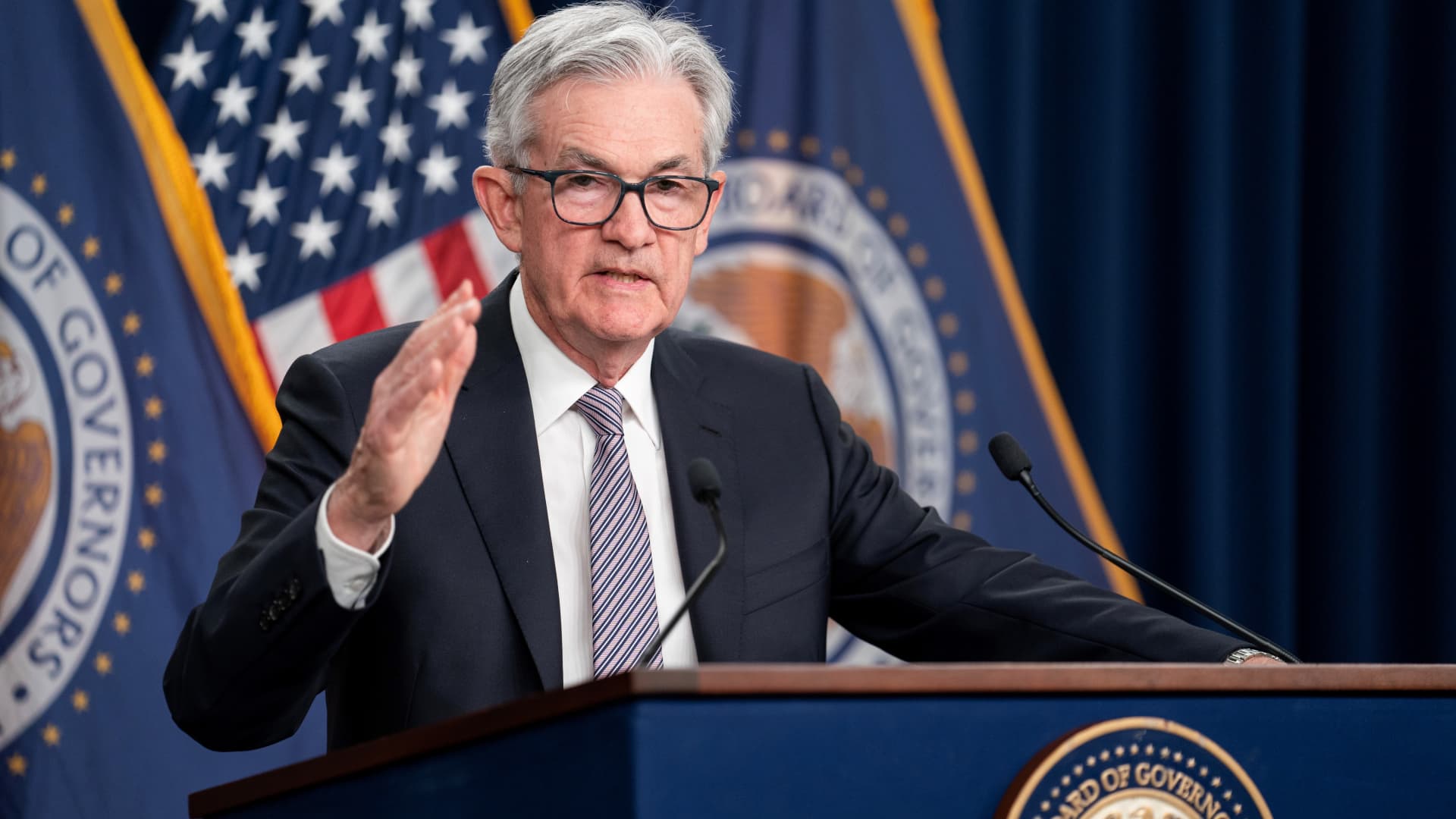Federal labor regulators have accused Starbucks of unlawfully closing 23 stores to suppress organizing activities and are seeking to compel the company to reopen them. The National Labor Relations Board (NLRB) regional office issued a complaint alleging that Starbucks closed stores due to employees’ engagement in union activities or discouraging such activities. Seven of the identified stores had formed unions.
This development is part of ongoing allegations against Starbucks for breaking labor laws during a two-year labor campaign. The NLRB’s complaint calls for the stores to be reopened and for employees to be compensated for lost earnings and other costs resulting from the closures. The case is scheduled to go before an administrative judge next summer unless Starbucks settles it beforehand.
Starbucks, in response, stated that it evaluates its store portfolio annually as part of standard business practice, opening, closing, or changing stores accordingly. The company emphasized that it opened hundreds of new stores last year and closed over 100, with about 3% being unionized. The union campaign began in 2021 in Buffalo, NY, and has since spread nationwide, with more than 350 of Starbucks’ approximately 9,300 corporate-owned locations unionizing.
The NLRB has issued over 100 complaints against Starbucks, including allegations of illegal behavior, threats or retaliation against workers engaged in union activities, and failure to bargain in good faith. Starbucks has appealed some administrative judge rulings against the company, while negotiations with unionized stores have faced challenges. Starbucks recently expressed a desire to reopen negotiations with Workers United, the union involved.
Alongside these developments, Starbucks released an external assessment of its labor rights practices, conducted by Thomas M. McCall. While the report found no evidence of an “anti-union playbook,” it highlighted areas for improvement, including alleged unlawful promises and threats by managers. Starbucks maintains its commitment to freedom of association and the right to collective bargaining but acknowledges room for improvement in adherence to these principles.







